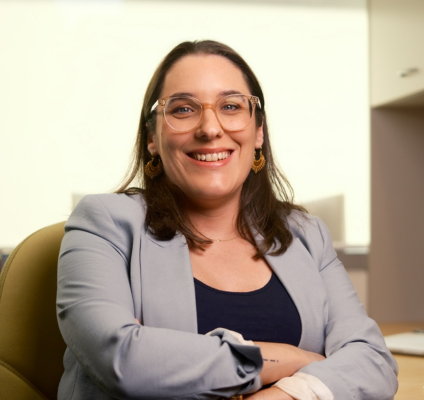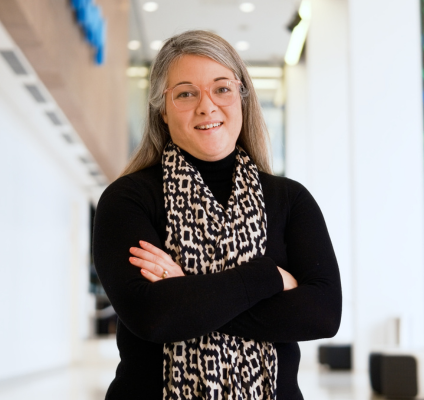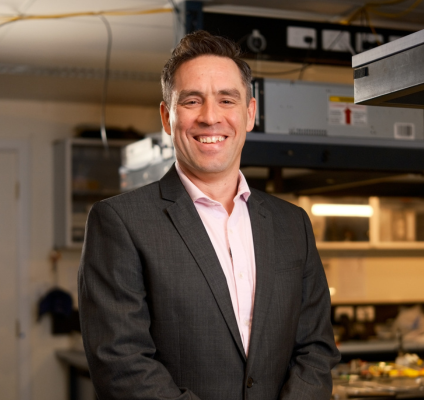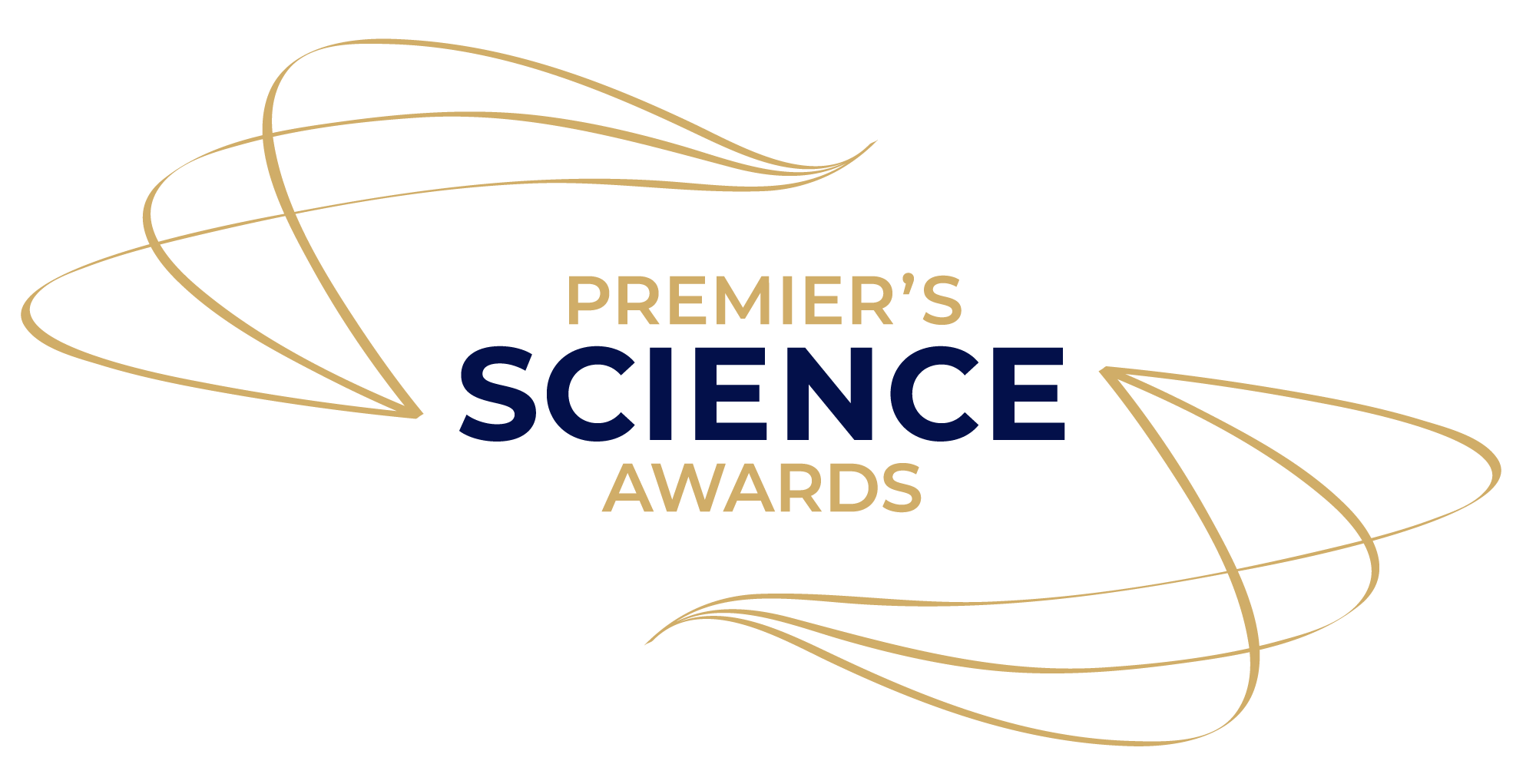Votes for the People's Choice Award opened Tuesday 30 July 2024 and close midday Friday 16 August 2024. Learn more and vote for your favourite scientist or initiative on the People's Choice Award page.
Awarded to an outstanding scientist who completed their highest degree between 5 and 15 years ago, and has demonstrated excellence in a field of science, scientific research or technological advancement.
Now in its 23rd year, the Premier's Science Awards recognises and celebrates the outstanding scientific research and engagement taking place in Western Australia.
This year, 4 finalists have been chosen for the Mid-Career Scientist of the Year category:
Professor Morten Erik Allentoft
Curtin University
Evolutionary biologist Professor Morten Allentoft has transformed our understanding of human prehistory. In more than 20 papers published in 2 of the world’s most prestigious scientific journals, Nature and Science, he has used ancient DNA to document how the continents were colonized by early humans, and how present-day populations were formed.
As head of the Curtin University Trace and Environmental DNA Laboratory, Professor Allentoft is now shifting focus from humans themselves towards human impacts. Using environmental DNA and genomic analyses he is making solid contributions to improve conservation and monitoring of Western Australia’s unique biodiversity. A key research program in his lab, eDNA for Global Environmental Studies, is supported by BHP’s Social Investment Framework.
Associate Professor Elisabete da Cunha
International Centre for Radio Astronomy Research, The University of Western Australia
Associate Professor Elisabete da Cunha, from the International Centre for Radio Astronomy Research at The University of Western Australia, is a world-leading astrophysicist. Her groundbreaking models of galaxy spectra have been pivotal in advancing our understanding of galactic evolution, leveraging the world’s largest telescopes.
Recognised as a ‘Highly Cited Researcher’ by Clarivate in 2023, Associate Professor da Cunha’s research track record and influence are outstanding. Associate Professor da Cunha fosters STEM culture in WA through teaching, mentoring, and supervision of students, and through enthusiastically sharing her research and the wonders of our fascinating universe the with broader community.
Associate Professor Gianina Ravenscroft
Harry Perkins Institute of Medical Research and The University of Western Australia
Associate Professor Gianina Ravenscroft FFSc RCPA is a pioneering leader at the Harry Perkins Institute of Medical Research and The University of Western Australia. Her work primarily addresses the genetic underpinnings of rare diseases, focusing on neuromuscular disorders.
Associate Professor Ravenscroft’s dedication has led to significant discoveries, including identifying novel disease genes, which have direct clinical implications. Her research is not just academically commendable; it has tangible benefits, offering diagnostic insights and paving the way for genetic therapies. This offers hope to families grappling with these conditions, illuminating paths to potentially life-altering interventions.
Associate Professor Sascha Schediwy
The University of Western Australia
Associate Professor Sascha Schediwy is an internationally recognised research leader in astronomy and space instrumentation, based at The University of Western Australia. He leads the construction of the ultra-precise laser timing system for Square Kilometre Array radio telescope, he has helped pioneer the new research field of stabilised atmospheric laser transmission, and his team is rolling-out the TeraNet optical communication ground station network in Western Australia.
Associate Professor Schediwy was recently awarded a prestigious ARC Mid-Career Industry Fellowship, and he was named the 2021 Australian Space Awards ‘Academic of the Year’ and he also won the ‘Excellence Award’ – the highest individual award.







